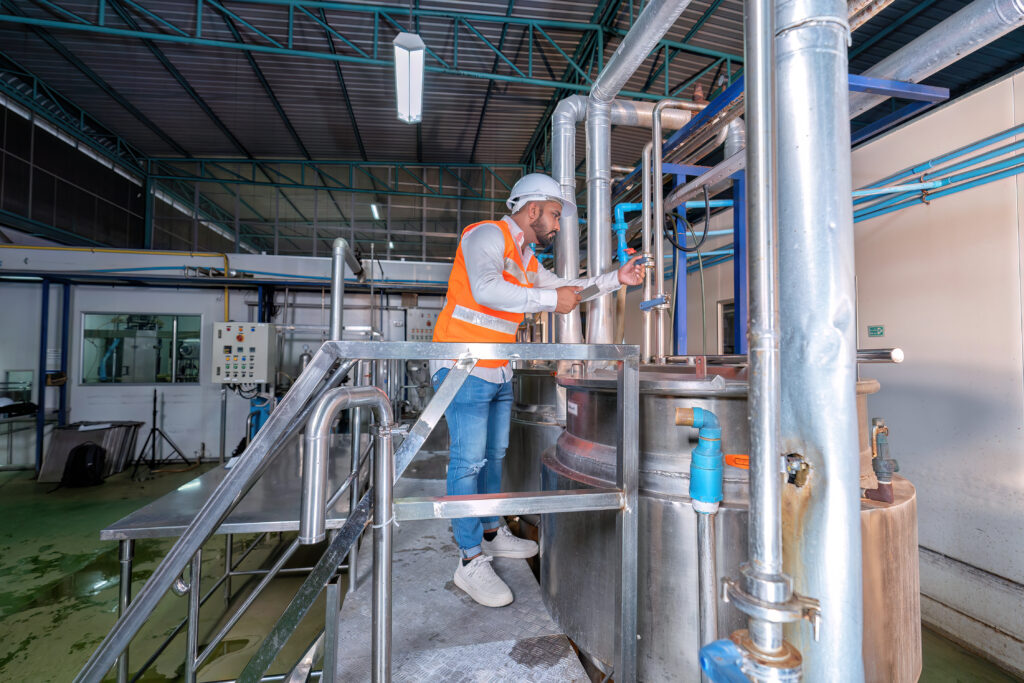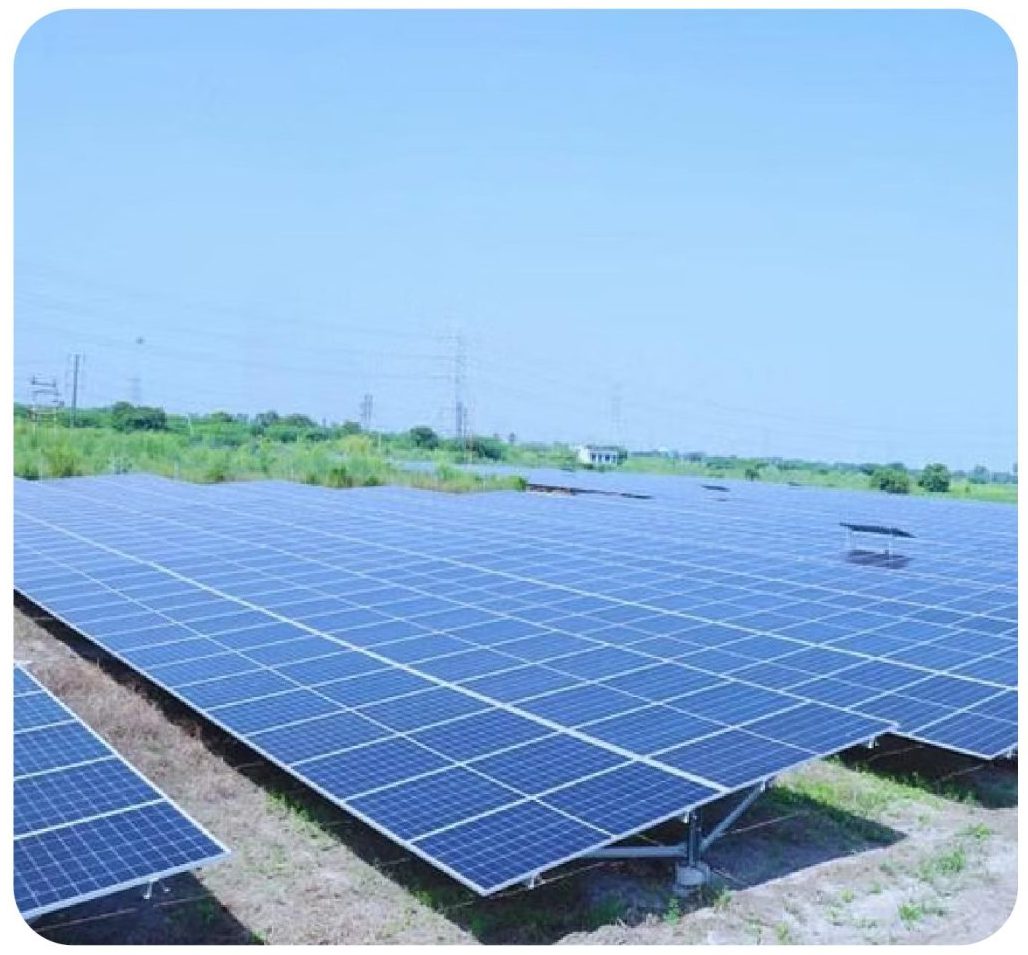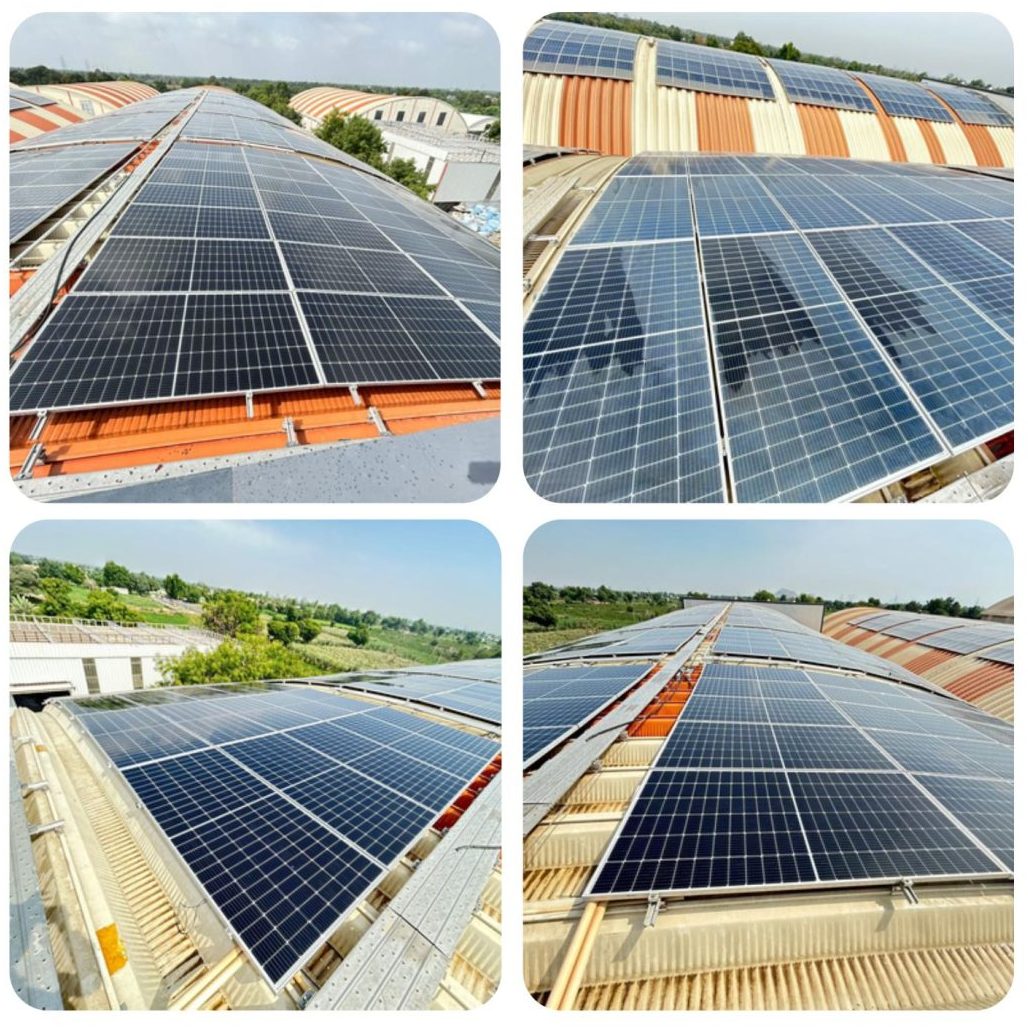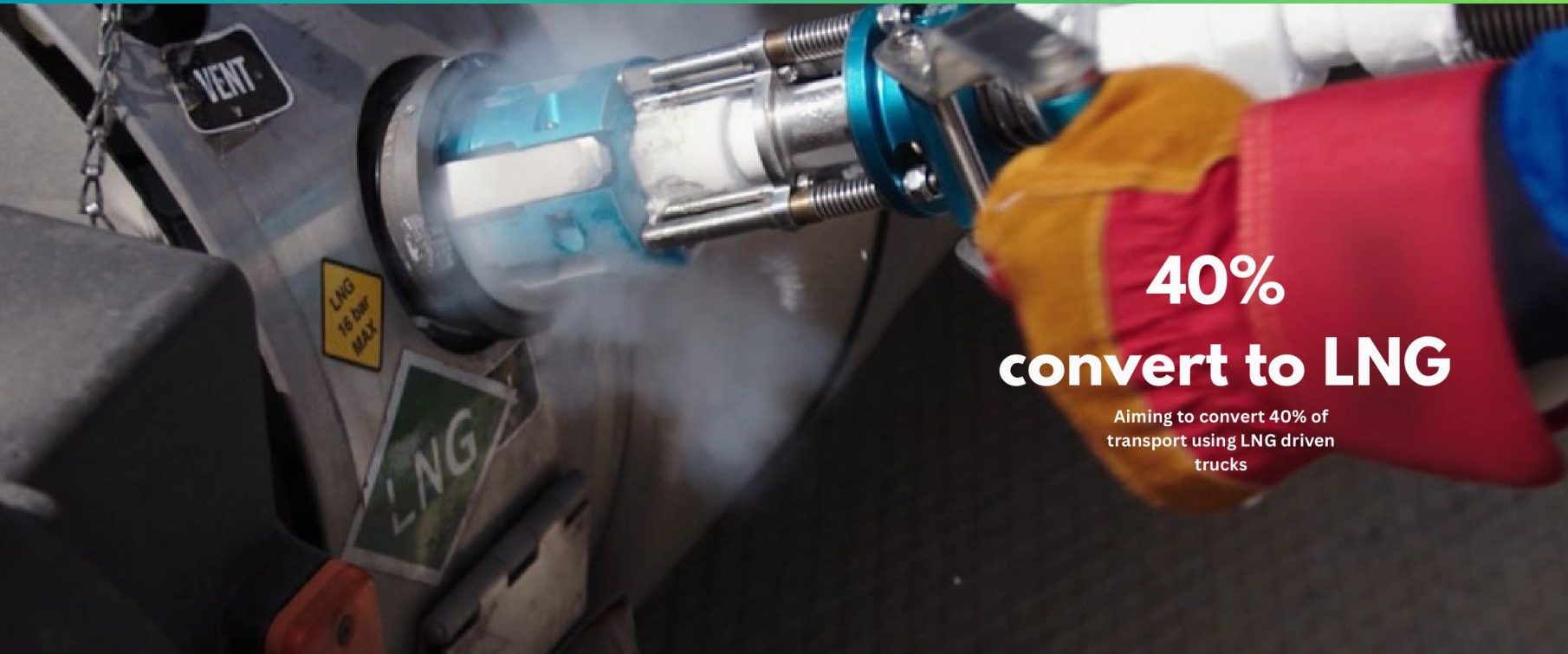
Sustainability & Responsibility
Rama Gum has remained unwavering in its commitment to establishing new benchmarks for sustainable business practices and leading eco-friendly operations. Over Three decades, we’ve dedicated our resources to harnessing nature’s bounty, using state-of-the-art technology to craft superior-quality natural Food and Feed ingredients.

At Rama Gum Industries,
sustainability is at the heart of our operations. As a leading exporter of guar gum and other agro-commodities, we are committed to fostering environmentally responsible and socially equitable agricultural practices. We work closely with farmers to promote water-efficient irrigation techniques, soil health management, and the use of eco-friendly farming practices to cultivate guar gum, a crop well-suited to arid conditions.
Our approach focuses on reducing chemical use, promoting biodiversity, and improving the resilience of our farming systems in the face of climate change. By empowering local communities with fair trade principles, we ensure that farmers receive fair wages and access to training that enhances both their productivity and livelihoods. Furthermore, we are committed to transparent and sustainable supply chains, with eco-friendly packaging and carbon-conscious logistics practices to minimize our environmental footprint.
Through these efforts, Rama Gum Industries not only contributes to the global demand for high-quality guar gum but also supports sustainable agricultural growth, environmental stewardship, and the well-being of farming communities. Sustainability is not just a principle for us—it’s the future we are building together.
Green Energy Initiatives
In recognition of our environmental responsibilities, we have taken significant steps to minimize our ecological footprint. Our anufacturing units are equipped with automated and sustainable energy systems to optimize energy consumption. By integrating green energy solutions, we aim to reduce greenhouse gas emissions and promote a cleaner, healthier environment. Our commitment to green energy underscores our dedication to sustainable industrial practices.
- Commitment towards
- Better & Sustainability
- Supply Chain


Production Using Green Energy
Guar Gum & Deravetives Are Produced Parallel To Green Energy Generated
1,10,000MT
3.5 MW Ground Mounted Solar
Energy conservation refers to the reducing of energy consumption through using less of an energy service. Energy conservation
differs from efficient energy use, which refers to using less energy for a constant service. Driving less is an example of energy
conservation. Driving the same amount with a higher mileage vehicle is an example of energy efficiency. Energy conservation and efficiency are both energy reduction techniques.
Energy conservation is a part of the concept of sufficiency. Even though energy conservation reduces energy services, it can result
in increased environmental quality, national security, personal financial security and higher savings. It is at the top of the
sustainable energy hierarchy. It also lowers energy costs by preventing future resource depletion.


400 KV Rooftop solar
Location : Unit 3
Rasana, Mota – Banaskantha, Gujarat
Processing : Guar seed to
Splits & Deravetives
Roasted Guar korma
3.9 MW Solar Power Generation
LNG trucks contribute to sustainability in several key ways:

Lower Emissions:
LNG (Liquefied Natural Gas) trucks produce significantly fewer greenhouse gas emissions compared to diesel-powered trucks. Specifically, LNG trucks emit up to 20% less carbon dioxide (CO2) and produce lower levels of nitrogen oxides (NOx) and particulate matter, which are harmful to air quality and public
health.
Lower Carbon Footprint:
LNG is a cleaner-burning alternative to traditional diesel, and since natural gas is composed mainly of methane (which burns more cleanly than diesel), switching to LNG reduces the overall carbon footprint of the transport sector. This helps companies meet their sustainability targets and contribute to climate change mitigation.

Reduction in Air Pollution:
LNG combustion produces fewer pollutants, including sulfur oxides (SOx) and particulate matter (PM), which are major contributors to smog, acid rain,and respiratory illnesses. By using LNG, fleets can help reduce air pollution in urban areas and along transportation corridors
Sustainability in the Supply Chain:
By transitioning to LNG-powered trucks, companies can create a more sustainable supply chain, reducing their reliance on fossil fuels like diesel. This transition aligns with broader environmental goals and sustainability initiatives, contributing to greener logistics practices.
Energy Efficiency:
LNG trucks tend to be more energyefficient than their diesel counterparts, as natural gas engines can offer higher fuel efficiency, reducing the overall energy consumption for the same distance traveled
Enviromental Care
RAMA GUM INDUSTRIES (INDIA) LTD. has manufacturing Plant designed in a highly Environmental Friendly way
The plant in almost closed-circuit plant, pneumatically and gravitationally operated.There is no obnoxious emissions at any point of production except the natural odour of Guar which is not harmful.
It is the company’s policy to run the plant in a most hygienic manner, the nature of product being for food purpose.










